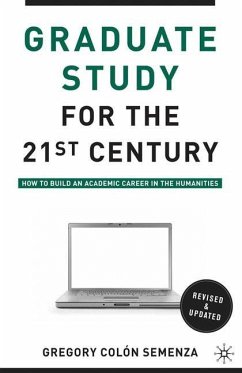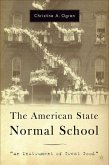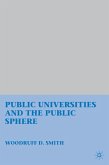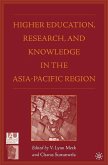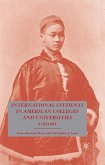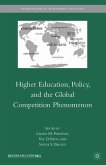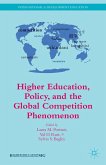As opposed to graduate school "survival guides," this book is the only book to confront the complex realities of graduate study in the humanities. In a straightforward manner, Semenza identifies the obstacles along the path of the academic career and offers tangible advice. Fully revised and updated, this edition's new material on advising, electronic publishing, and the post-financial crisis humanities job market will help students negotiate the changing landscape of academia. Semenza ably prepares graduate students and recent graduates for what they really seek: a successful academic career.
'Gregory Semenza's Graduate Study for the Twenty-first Century is a tough-minded, witty, generous discussion of how to enter the profession of scholarship and teaching. The appendices alone are worth the price of the book; Semenza provides samples of everything from course syllabi and job letters to materials on the teaching portfolio, book prospectus, conference participation everything a serious graduate student needs to succeed. The book should be required reading for graduate students and their professors.' - Barry V. Qualls, Dean of Humanities, Rutgers University, USA

